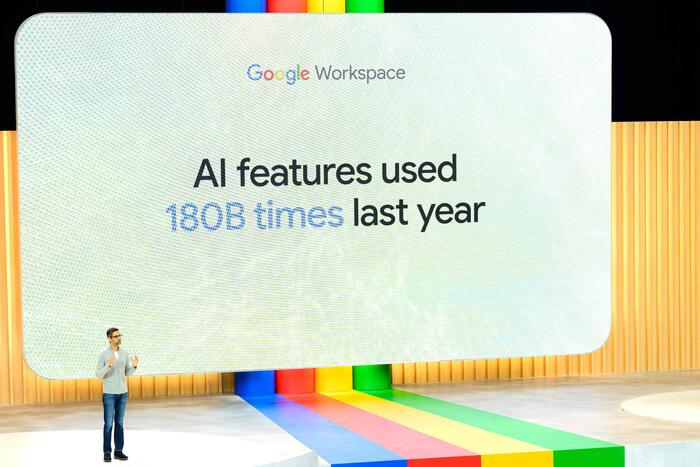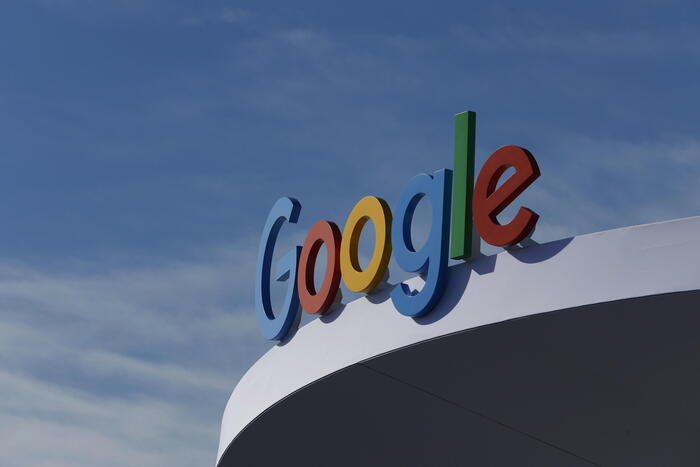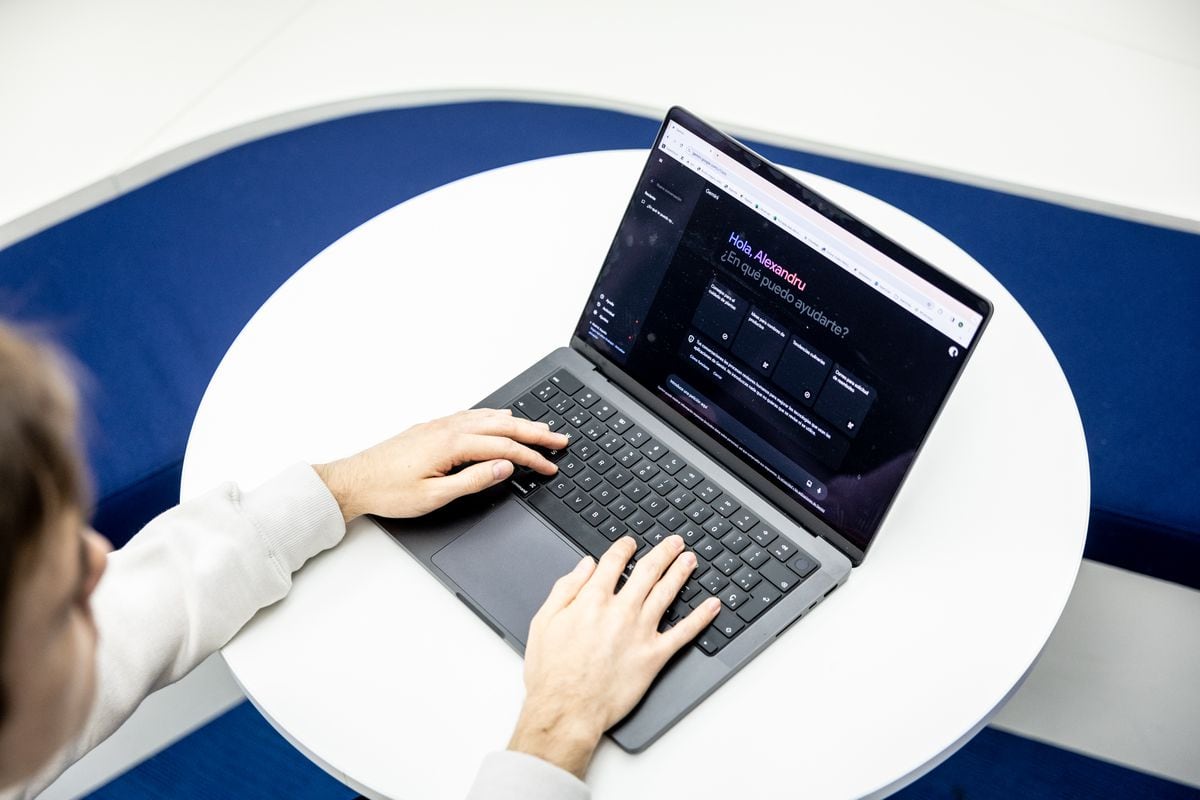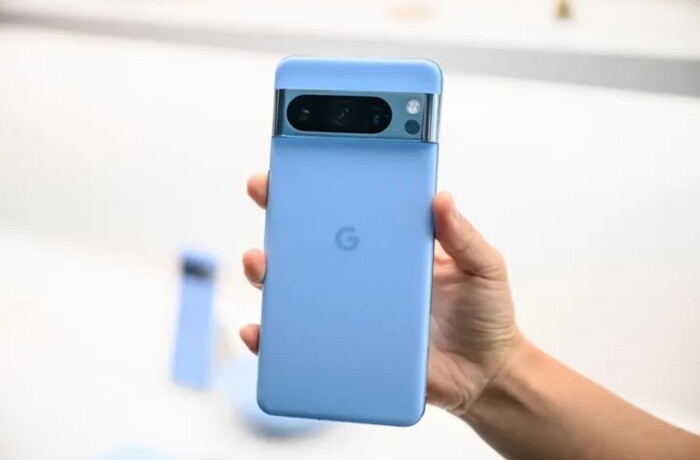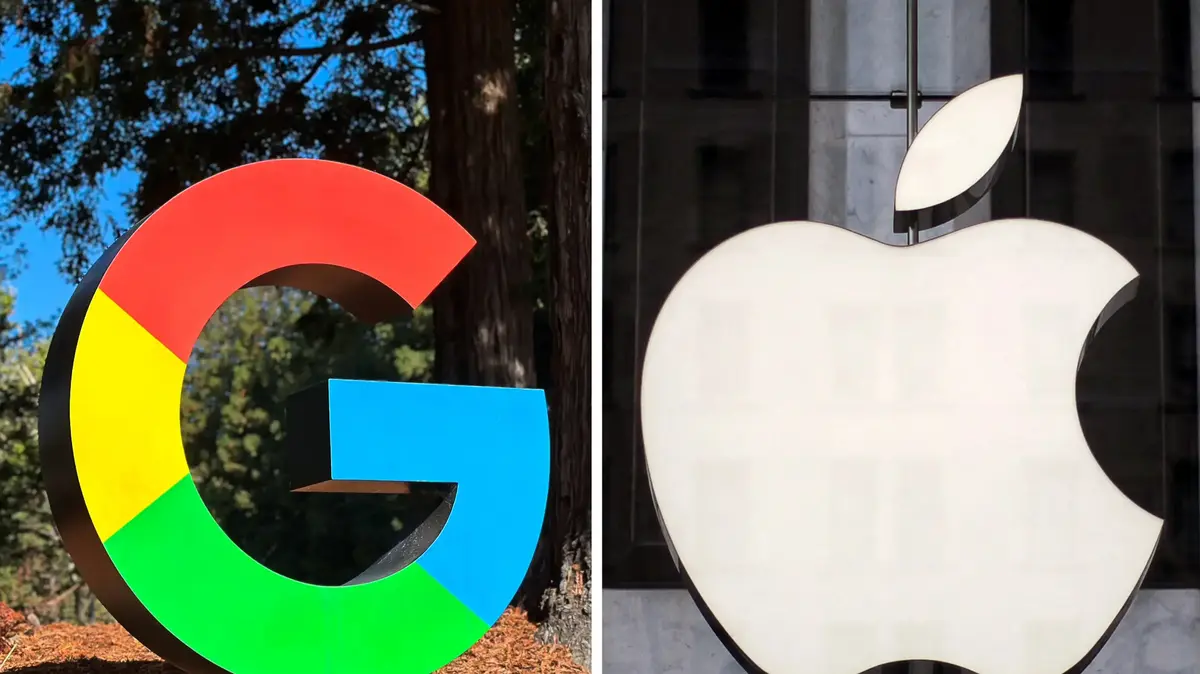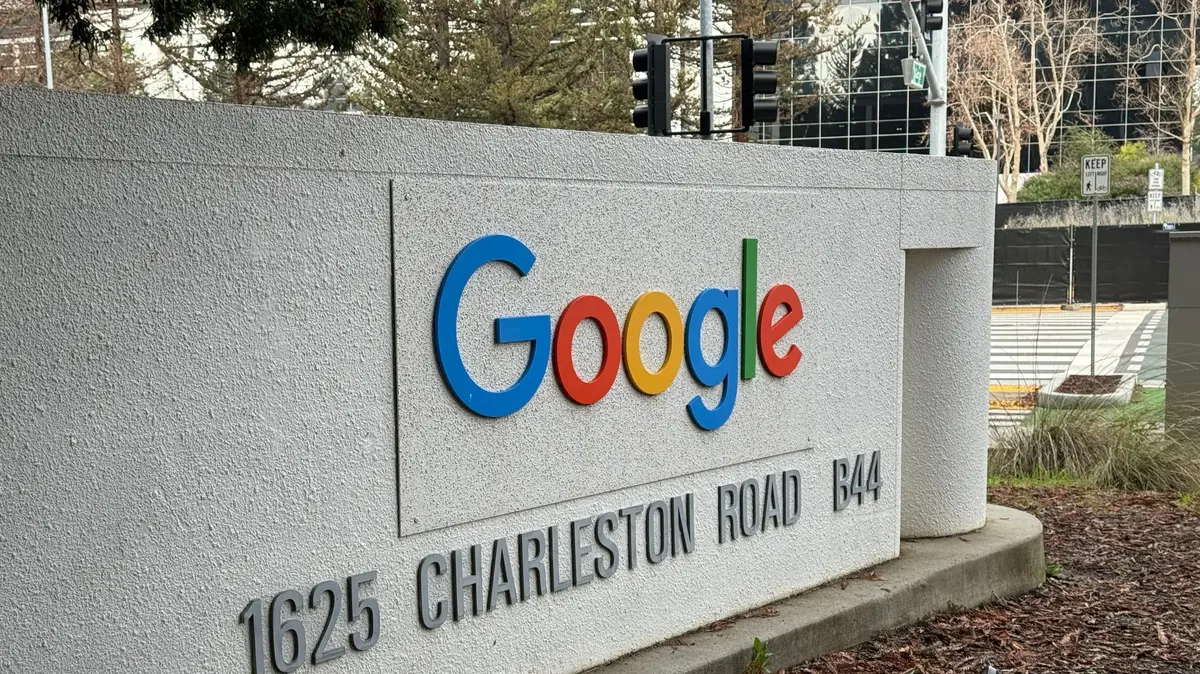"
Artificial Intelligence is something we have been working on for some time now. Seven years ago we focused on the first AI company and now we can finally bring generative artificial intelligence to produce something useful for people and businesses." These are the words with which Sundar Pichai, CEO of Alphabet and Google, kicked off the Google I/O 2023 developer conference, in which the Mountain View company showed the progress of AI and how it will interact with its entire range of products and software starting from research. It will do so with a "bold but responsible" approach, the Californian giant reiterated.
25 years after the launch of its search engine, Big G revolutionizes it with a deeper and more visual experience with the Search generative Experience, going beyond the traditional blue links that appear after user requests. The questions asked to the platform will appear a dynamic page, similar to the one we see on social media with videos, in-depth links, an overview of key information and the possibility of asking new questions in the conversational mode, the same introduced by many AI systems such as ChatGpt. "We've designed these new experiences to highlight and draw attention to content on the web, making it easier for people to learn more about the topic they're learning about," Google said. As we integrate generative AI into Search, we are committed to continuing to drive valuable traffic to websites. We also believe that advertisements are a fundamental element of how the web works and that they help people find relevant products and services. They will continue to appear in the dedicated spaces within the page. And we will continue to live up to our commitment to ad transparency and ensure that ads are distinguishable from organic search results."
At the developer conference, Google also showed off the progress of Bard, the generative artificial intelligence similar to ChatGpt, launched two months ago. It's expanding to 180 countries, adding Japanese and Korean, and improving coding updates and export capabilities. It will also integrate with third-party services, including Adobe, Instacart, Wolfram, Khan Academy, and many more.
CEO Pichai also announced PaLM 2, the new generation of the language model that will give life to the next artificial intelligence projects of the American giant. There's PaLM 2 behind AI integrations into Google's successful products, from Gmail to Maps. For Gmail, Pichai has launched 'Help Me Write', a feature that allows artificial intelligence not only to suggest replies to emails, something already possible with Smart Reply, but to write an email from scratch, with a very advanced degree of accuracy. In Google Maps, AI algorithms make it possible to improve the immersive view of cities, with which buildings and streets can be visualized in three dimensions. With the update, Maps will give the opportunity to navigate in 3D and to witness, in real time, a reproduction of climate change and traffic in the metropolis. It starts with London, New York, Tokyo and San Francisco. "To date we have at least 15 Google apps that use AI and we will expand the catalog very soon," Pichai said. Generative AI functions will also be integrated into the Cloud in all apps in Workspace, Google's professional suite.
First of all, Pixel Fold, Google's first foldable, a device that enters the foldable arena currently dominated by Samsung. It integrates an external 5.8-inch display and a dual internal 7.6-inch display. The compartment is completed by a three-camera system on the back and resistance to water and dust. The heart of the phone is the Google Tensor G2 home processor, already present on the Pixel 7, which in addition to returning level performance also promises to keep users' personal data safe. The storage memory is optionally between 256 GB and 512 GB. Google says it has optimized about 50 applications for the double panel, adapting them to the widest view and, if necessary, divided into two, to read and write on documents or simply browse and check social media. The Pixel Fold will not arrive for the moment in Italy but only in Germany, outside the US and UK market, at the starting price of 1,899 euros.
In addition to the Pixel Fold come the cheaper Pixel 7a and the Pixel Tablet. The first is already ready for the Italian market: 6.1-inch display, Tensor G2 processor, 8 GB of Ram memory and 128 GB of storage. Two rear cameras and one internal, for selfies. Great importance to the security aspect: the Pixel 7a includes free Google VPN software. Finally, together with the tablet, Google also offers the Charging Speaker Dock, a system with audio amplification to use the device on the desk just like a speaker. Also in this case, Italy is not among the first countries to receive it, outside the USA, the United Kingdom, Germany and Japan.

